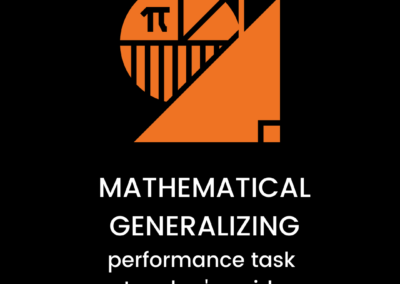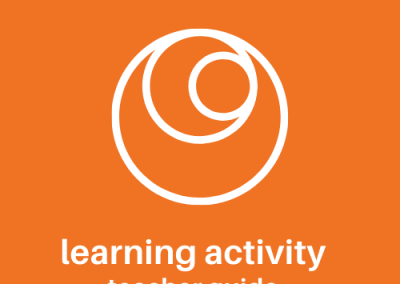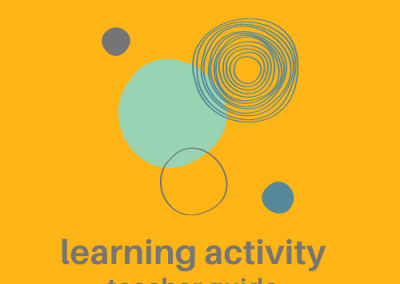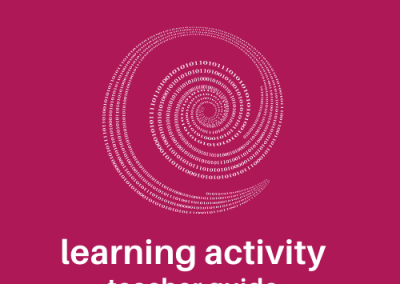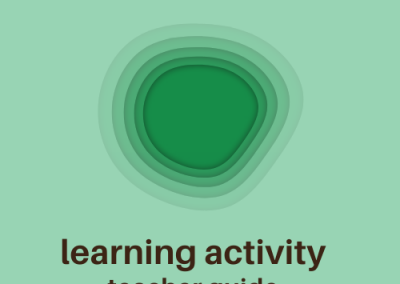Socratic Seminar
Preparation
Select four or five quotes from Socrates to use in the introduction. Find a video of a Socratic seminar to use as a model. Several are available on-line. Select a seminar topic. Select reading materials that the students will use for preparation. Select close reading activities to assist students when reading the preparation materials. Write opening questions that are highly engaging for students, core questions that challenge student thinking, and closing questions that inspire students to relate the topic to their own lives . Be prepared with follow-up questions that build on student ideas. Share the accountable talk stems with students. Select a writing assignment to follow the seminar.
Activity Steps
1
Introduce Socratic Seminar.
Provide some context for students about Socratic seminars. Students may or may not have background knowledge on Socrates. Share some basics, like that he was a Greek philosopher and the term Socratic method is a form of inquiry named after him. A Socratic seminar is a discussion framework based on an essential question. Students share, prove, refute, and refine ideas through discussion. Introduce the seminar by reflecting on quotes from Socrates. Break students into four or five groups. Distribute one quote to each group and ask students to discuss the meaning of the quote. Each group will share out by reading their quote and then summarizing their discussion.
2
Analyze a video of a Socratic seminar.
Show the video to the whole class. Hold a full-class discussion about the seminar. · What do you notice? · Is this a good discussion? How do you know? · What do you notice about the questions asked? · What do you notice about how students respond to each other? · What do you notice about the role of the teacher?
3
Describe pre-seminar content steps.
The teacher provides the background reading materials and the students read them. The teacher should select one or two close reading activities that students will use during the preparation phase.
4
Describe pre-seminar process steps.
The teacher describes the ideals of respectful and collaborative dialogue and outlines the roles for the facilitator and participants. This is an opportunity to reinforce the use of academic vocabulary. A handout with accountable talk stems may be useful for some students.
5
Describe seminar steps.
Depending on the students, the teacher can facilitate the discussion by beginning with the opening question or having students begin the seminar independently. Students then begin discussing the content. Students should focus on sharing, proving, refuting, and refining ideas through their contributions to the discussion. They should use formal discussion language. For example, “I would like to add on to what Juan said” or “I disagree with Melinda because…” Ideally, in a Socratic seminar the teacher steps back and it is solely driven by students. Depending on the age and level of the students, more teacher involvement may be necessary to keep the discussion going.
6
Reflect.
Students reflect individually on their learning. · Did the seminar help you better understand the material? When? How? Be specific; for example, “When Jasmine said _____, it helped me because ______. “
7
Describe post-seminar process steps.
Students reflect on their progress toward individual and group goals for speaking and listening. A simple rating scale could be used. “On a scale of 1-5 rate yourself on your listening and speaking skills during this seminar. Explain your rating. Do the same rating for the group as a whole.”
8
Describe post-seminar content steps.
The teacher will have selected a writing assignment to follow the seminar. This could be as elaborate as a research paper or a smaller-scale assignment such as an essay or letter that relates to the concepts discussed.









